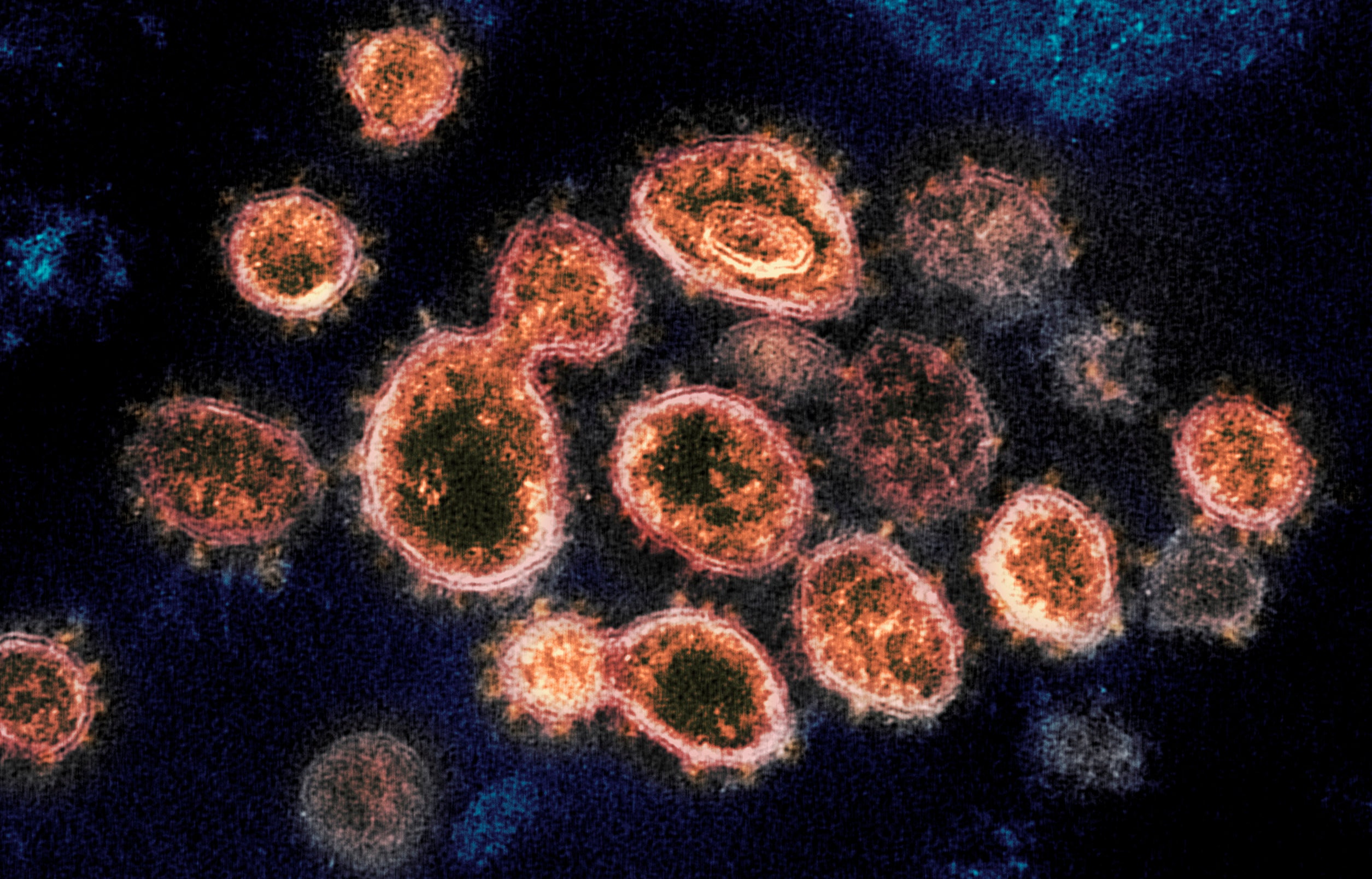Virus variant from South Africa detected in US for 1st time
A new coronavirus variant identified in South Africa has been found in the United States for the first time

Your support helps us to tell the story
From reproductive rights to climate change to Big Tech, The Independent is on the ground when the story is developing. Whether it's investigating the financials of Elon Musk's pro-Trump PAC or producing our latest documentary, 'The A Word', which shines a light on the American women fighting for reproductive rights, we know how important it is to parse out the facts from the messaging.
At such a critical moment in US history, we need reporters on the ground. Your donation allows us to keep sending journalists to speak to both sides of the story.
The Independent is trusted by Americans across the entire political spectrum. And unlike many other quality news outlets, we choose not to lock Americans out of our reporting and analysis with paywalls. We believe quality journalism should be available to everyone, paid for by those who can afford it.
Your support makes all the difference.A new coronavirus variant identified in South Africa has been found in the United States for the first time with two cases diagnosed in South Carolina, state health officials said Thursday.
The two cases don't appear to be connected, nor do the people have a history of recent travel, the South Carolina Department of Health and Environmental Control said.
“That’s frightening,” because it means there could be more undetected cases within the state, said Dr. Krutika Kuppalli, an infectious diseases physician at the Medical University of South Carolina in Charleston. “It's probably more widespread.”
The arrival of this variant now surging in other countries shows that "the fight against this deadly virus is far from over,” Dr. Brannon Traxler, DHEC Interim Public Health Director, said in a statement. “While more COVID-19 vaccines are on the way, supplies are still limited. Every one of us must recommit to the fight by recognizing that we are all on the front lines now. We are all in this together.”
The two people infected with this variant are adults; one is from South Carolina's Lowcountry and the other from the Pee Dee region, the state said, while withholding other information to protect their privacy.
Viruses are constantly mutating, with coronavirus variants circulating around the globe, but scientists are primarily concerned with the emergence of three of them. Other variants first reported in the United Kingdom and Brazil were previously confirmed in the U.S. Researchers believe these three variants may spread more easily, and predicted it was only a matter of time before they appeared here.
Also, scientists last week reported preliminary but troubling signs that some of the recent mutations may modestly curb the effectiveness of two current vaccines, although they stressed that the shots still protect against the disease. And there are signs that some of the new mutations may undermine tests for the virus and reduce the effectiveness of certain treatments.
The coronavirus has already sickened millions and killed more than 400,000 people in the United States.
While some European countries do extensive genetic testing to detect these variants, the U.S. has done very little of this detective work. But scientists have been been quickly trying to do more, and they're spotting these apparently more contagious variants as they do.
The U.S. Centers for Disease Control and Prevention has reported at least 315 cases of the U.K.-discovered variant in the United States. Those reports have come from at least 28 states, and health officials believe it could become the dominant strain in the U.S. by March. That variant has been reported in at least 70 countries.
The first U.S. case of the variant found in Brazil was announced earlier this week by health officials in Minnesota. It was a person who recently traveled to that South American nation. That version of the virus has popped up in more than a half-dozen countries.
The variant first found in South Africa was detected in October. It since then has been found in at least 30 other countries.
Some tests suggest the South African and Brazilian variants may be less susceptible to antibody drugs or antibody-rich blood from COVID-19 survivors, both of which help people fight off the virus.
Health officials also worry that if the virus changes enough, people might get COVID-19 a second time.
President Joe Biden on Monday reinstated COVID-19 travel restrictions on most non-U.S. travelers from Brazil, the U.K. and South Africa. And the Centers for Disease Control and Prevention is recommending that Americans do not travel at this time.
___
Stobbe reported from New York.
___
The Associated Press Health and Science Department receives support from the Howard Hughes Medical Institute’s Department of Science Education. The AP is solely responsible for all content.